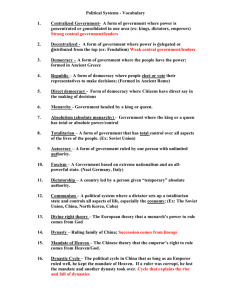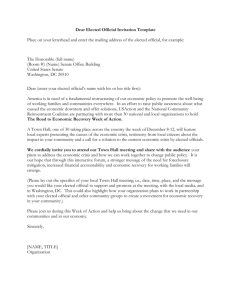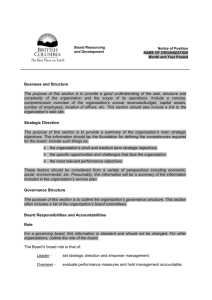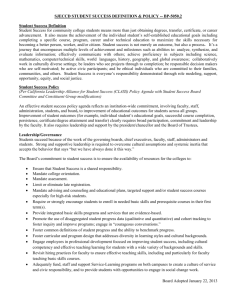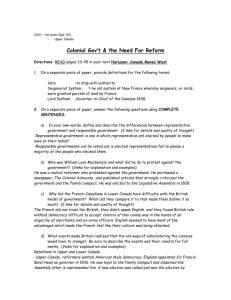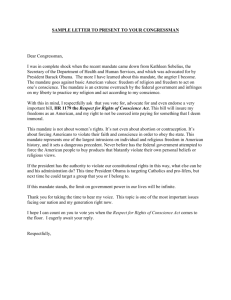germany - Council of European Municipalities and Regions
advertisement
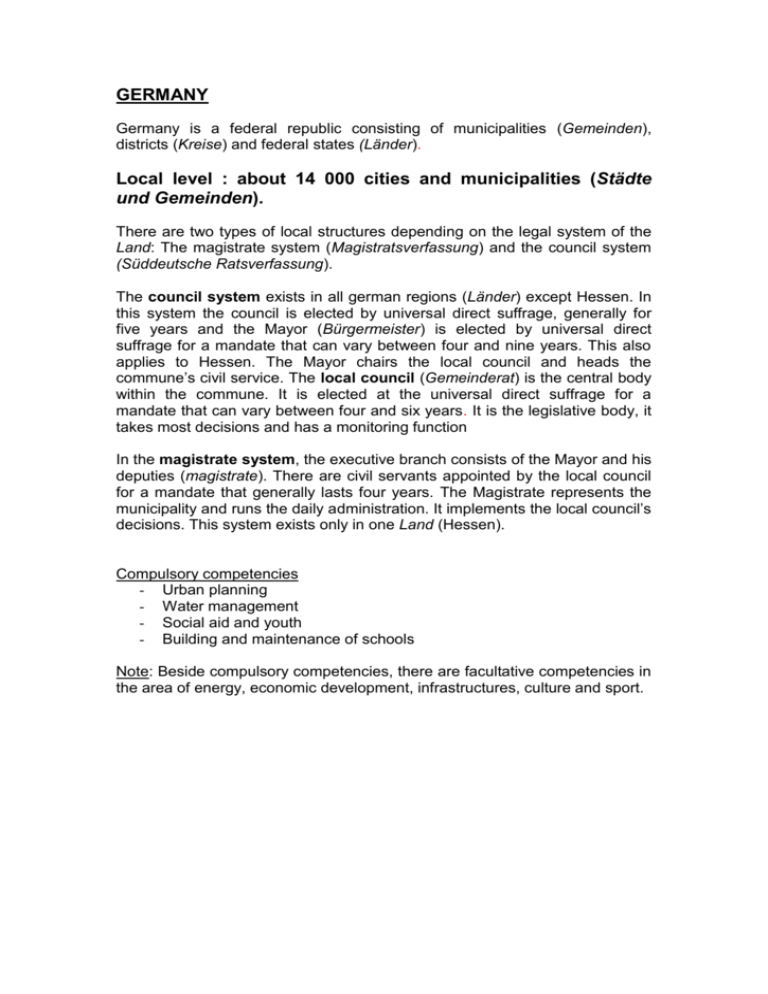
GERMANY Germany is a federal republic consisting of municipalities (Gemeinden), districts (Kreise) and federal states (Länder). Local level : about 14 000 cities and municipalities (Städte und Gemeinden). There are two types of local structures depending on the legal system of the Land: The magistrate system (Magistratsverfassung) and the council system (Süddeutsche Ratsverfassung). The council system exists in all german regions (Länder) except Hessen. In this system the council is elected by universal direct suffrage, generally for five years and the Mayor (Bürgermeister) is elected by universal direct suffrage for a mandate that can vary between four and nine years. This also applies to Hessen. The Mayor chairs the local council and heads the commune’s civil service. The local council (Gemeinderat) is the central body within the commune. It is elected at the universal direct suffrage for a mandate that can vary between four and six years. It is the legislative body, it takes most decisions and has a monitoring function In the magistrate system, the executive branch consists of the Mayor and his deputies (magistrate). There are civil servants appointed by the local council for a mandate that generally lasts four years. The Magistrate represents the municipality and runs the daily administration. It implements the local council’s decisions. This system exists only in one Land (Hessen). Compulsory competencies - Urban planning - Water management - Social aid and youth - Building and maintenance of schools Note: Beside compulsory competencies, there are facultative competencies in the area of energy, economic development, infrastructures, culture and sport. The intermediary level: more than 300 districts (Kreisen). The district assembly (Kreistag) is elected by universal direct suffrage for a mandate that can vary between four and six years. Its mandate varies from one Land to another. It is the legislative body. The President of the district (Landrat) is elected either by the assembly or by direct universal suffrage varying from one Land to another. Its mandate varies from five to eight years. As an elected civil servant, he chairs the district assembly. The district office (Landratsamt) is the executive body consisting of civil servants recruited by the district itself or by the Land. Compulsory competencies : . Construction and maintenance of roads . Social services and youth . Collecting and managing household refuse Note: Beside compulsory competences, there are facultative competencies in the field of culture, promotion of economy and tourism, building and managing of libraries, managing universities. Regional level: 16 federate States (Länder) The parliament (Landtag) is the legislative body. It consists of members elected by universal direct suffrage for a four-year mandate. It elects the minister-president of the Land. The government (Landesregierung) is the executive body. It is elected by the parliament for a four-year mandate. It elects the minister-president. The Minister-President (Ministerpräsident) chairs the government. He has the exclusive power to designate and sack the ministers of the Land. Exclusive competencies . Culture . Education . Environment . Police Note: Competences are shared with the central government in the field of justice, social policy, civil law, criminal law and labor law.
